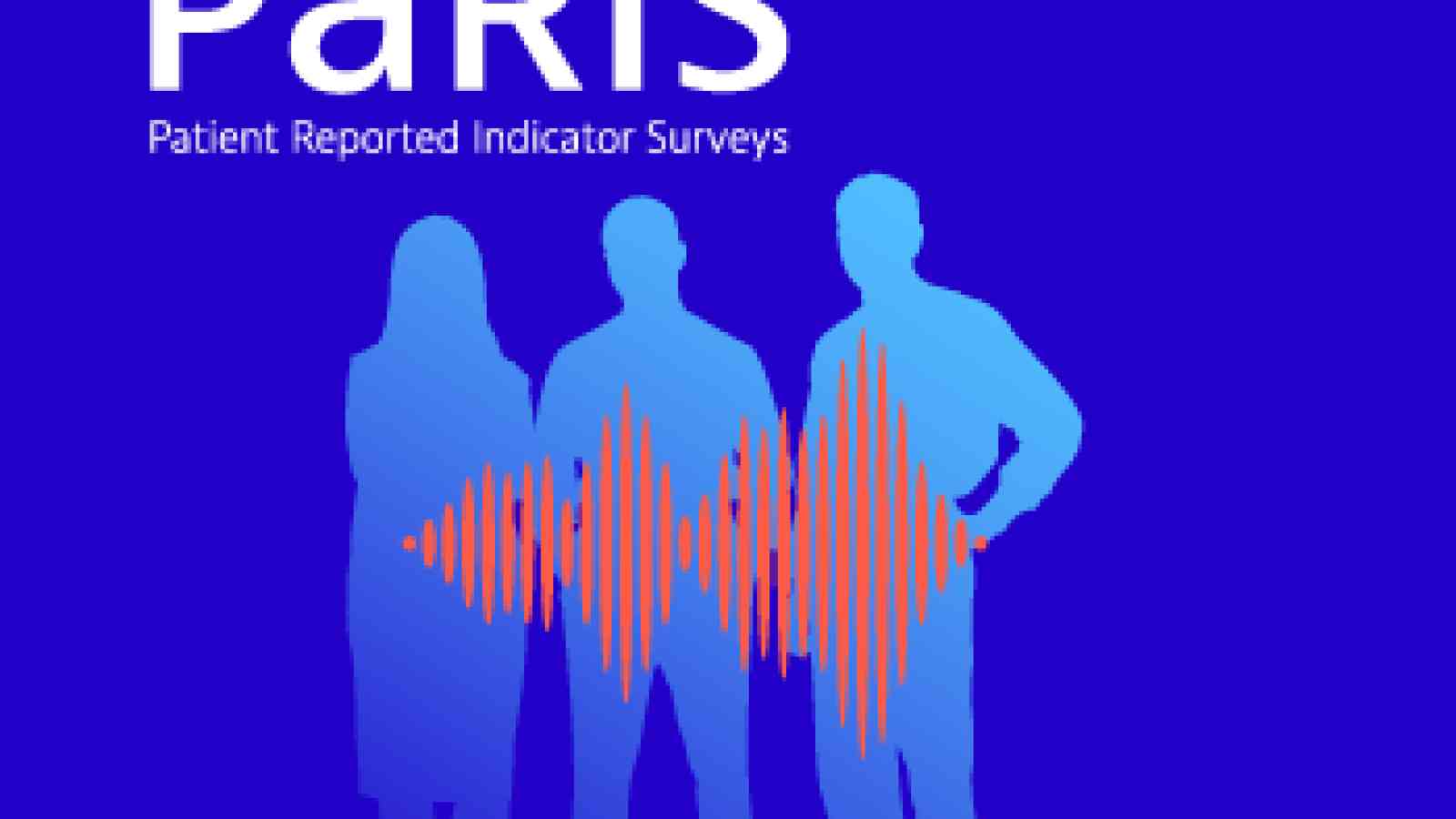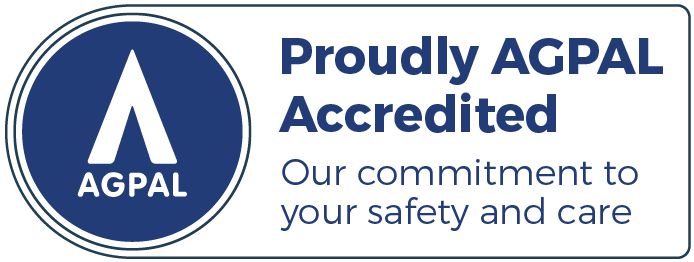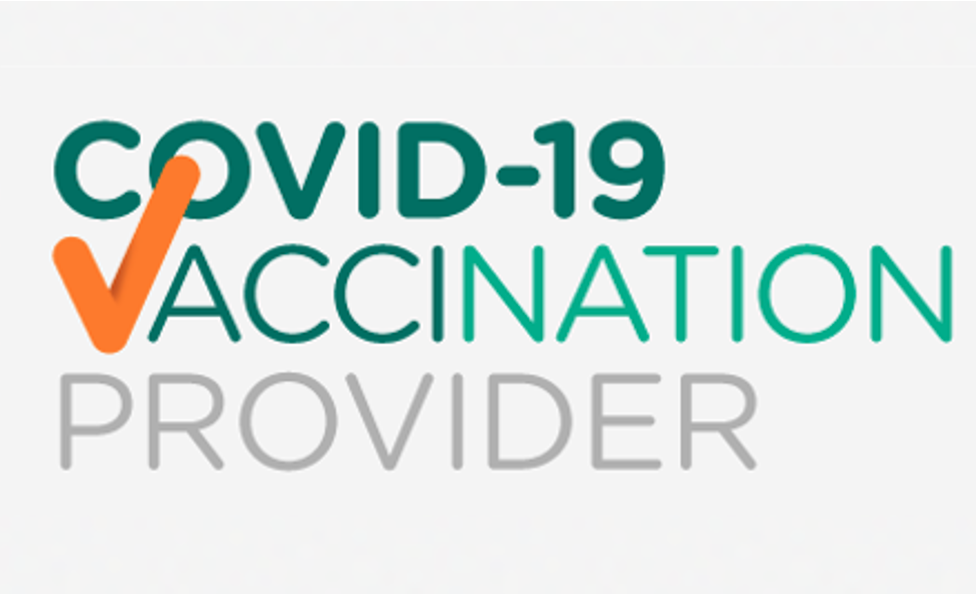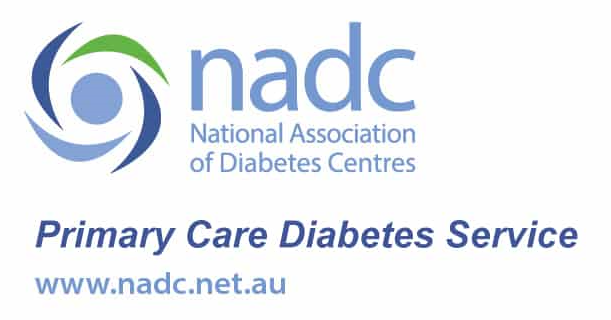
PaRIS Survey
The PaRIS survey aims to use patients’ experiences to improve healthcare systems in
Australia and around the world.
What is the purpose of this survey?
General practices and patients from around 20 countries will be invited to participate. This
will provide an opportunity to compare and learn about different healthcare systems.
The survey will also help local healthcare providers improve their care in line with the
feedback that you and other patients provide. By sharing your experiences, you can
improve the health care that you, your family and your community receive.
Who is carrying out this survey?
The survey is being conducted by the Australian Commission on Safety and Quality in
Health Care (the Commission) and ORIMA Research (ORIMA), on behalf of the Australian
Government Department of Health and Aged Care (the Department).
It is part of an international survey led by the Organisation for Economic Co-operation and
Development (OECD). The Principal Researchers are Andrew Lenihan (ORIMA),
Catherine Katz (the Commission) and Vannary Sar (the Commission).
How did you get my contact details?
A list of eligible patients was generated by your GP practice.
You may have received the survey invitation directly from your GP practice or from
ORIMA. ORIMA will keep your contact details private and confidential and will only
communicate with you about the PaRIS survey.
ORIMA has not been given any information about your health, clinical conditions, test
results or measurements. Once the survey is over, ORIMA will remove your contact details
from its records. Please see ORIMA’s privacy policy for more information:
orima.com.au/privacy-policy/
If you do not wish to receive reminders about this survey, please contact ORIMA via email
at PaRISSurvey@orima.com or call 1800 806 950.
If you have any questions or complaints, please contact Tyler Forrester, Privacy and
Ethics Manager at ORIMA (email Tyler.Forrester@orima.com or telephone 03 9526 9000).
For more information and frequently asked questions, visit: https://orima.com.au/paris_sur...
How do I take part?
You can take part by completing the survey online, or you can request a paper survey. It
should take around 20–25 minutes. Taking part in this study is voluntary – it’s your
choice whether you participate, and your decision will not affect the care you receive from
your GP.
If you take part, you can stop at any time. You can also skip over any questions you do not
want to answer.
A friend, carer or relative can help you complete the survey, but please make sure the
answers are only about your experiences.
What happens to my answers?
Your answers will be stored and analysed with answers from other people and are not
linked to your name or contact details. Your individual answers will not be shared with
your GP.
De-identified survey responses will be shared with the Commission, the Department and
the OECD Research group that is managing the PaRIS Survey internationally. These
responses will be analysed to identify opportunities to improve health care.
A summary of the findings will also be emailed to survey respondents following the
completion of the survey.
What are the risks and benefits of participating?
This research provides you with an important opportunity to have a say about the health
care you receive. The information from this research will be used to identify opportunities
to improve health care in Australia and around the world.
There are minimal risks associated with participating in this survey.
Protocols will be followed to ensure that your privacy is protected. For more information
see ORIMA’s privacy policy: orima.com.au/privacy-policy/
The survey includes questions about your physical and mental health, which may be
sensitive topics for some people. You can skip any question you do not feel comfortable
answering. Taking part in this survey is voluntary. If any questions make you feel sad or
worried, you can access support through Lifeline by calling 13 11 14 or via online chat
at lifeline.org.au/crisis-chat/.
The ORIMA Research Human Research Ethics Committee has reviewed and approved
this research, based on the National Statement on Ethical Conduct in Human Research
(2007) (HREC reference number: 0012023). This Statement has been developed to
protect the interests of people who agree to participate in human research studies.



